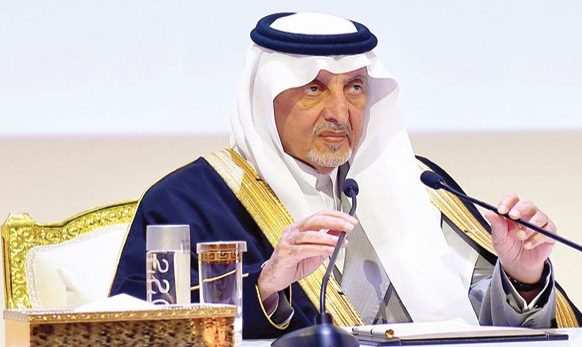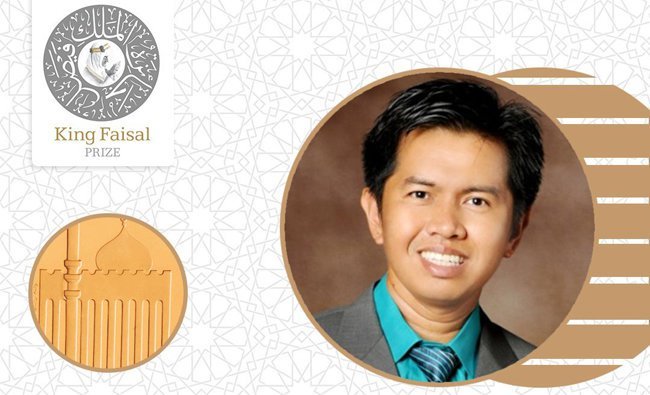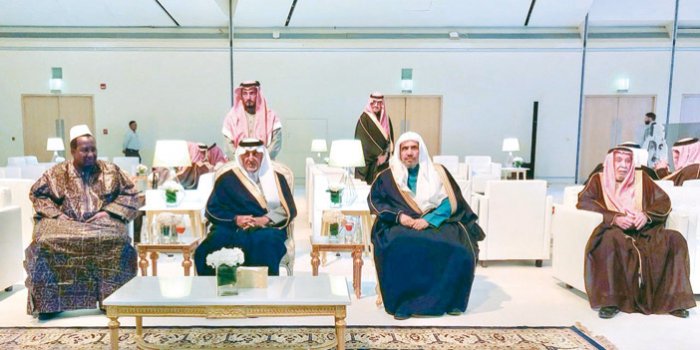
Indonesian professor wins 2018 King Faisal International Prize for Service to Islam
Indonesian professor Irwandi Jaswir was given the King Faisal International Prize for Service to Islam at an elaborate ceremony in the Saudi Arabian capital on Wednesday.
Jaswir was recognized for his contribution to the establishment of ‘Halal science' pertaining to food; his research in that area and the development of new methods for analyzing substances used in the manufacturing of ‘Halal Food Alternatives.’
Jaswir collaborated to develop new methods for quick detection of non-Halal substances in food. A notable example being the ‘Portable Electronic Nose’ which detects within a few seconds the presence of alcohol or lard (porcine-derived fat) in foods.
Since its inception in 1979, the King Faisal International Prize (KFIP) has been honoring excellence in Service to Islam, Islamic Studies, Arabic Language & Literature, Medicine, and Science.
The Islamic Studies prize was given to Jordanian professor Bashar Awwad for the broad historical and geographical view in editing studies of Hadith and historical scholars.
Professor Chokri Mabkhout of Tunisia was awarded the prize for Arabic Language and Literature. Mabkhout was noted for his originality in the treatment and analysis of Arab biographical themes.
The prize for Medicine was given to Professor James P. Allison for his outstanding contribution to the development of the field of immunotherapy of cancer.
University of Oxford’s Professor Sir John M. Ball was awarded the prize for Science for his fundamental and groundbreaking contributions to nonlinear partial differential equations, the calculus of variations, and dynamical systems.
In attendance at the ceremony in Riyadh’s Prince Sultan Grand Hall was Makkah Governor Prince Khaled Al-Faisal, who is an advisor to the king and the CEO of the King Faisal Foundation. He was joined by members of the selection committees as well as scholars, intellectuals and media figures.





























